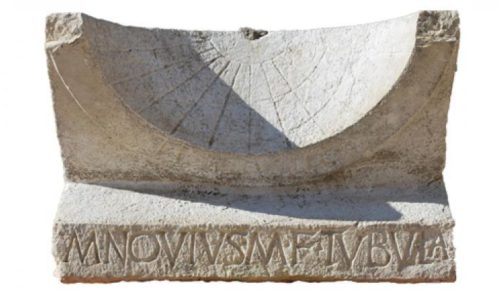
DIGIWHIST (The Digital Whistleblower) is a data portal used by policymakers, investigators and civil society organisations in the UK and Europe to tackle corruption in government contracting by providing access to novel datasets, measurement tools and policy-relevant evidence.
The underpinning research project in Cambridge’s Department of Sociology was led by Mihály Fazekas and Lawrence King, who used Big Data methods to mine large amounts of online administrative documents to identify corruption risk patterns in government purchasing processes across 35 European countries and to enhance anticorruption measures using new, objective and reliable data.
Over 1,000 weekly users visit opentender.eu, which gives free public access to over 19 million contracts across European countries and EU institutions. This enables organisations to hold public officials to account and allows public organisations to fulfil their regulatory functions by enabling measurement and management of corruption risk. Users include government agencies, watchdog groups, journalists, researchers and NGOs.
The project has had transnational policy impact across major European and global institutions. For instance, the European Court of Auditors has recommended that the European Commission adopt the DIGIWHIST approach to enhance the measurement and management of corruption and fraud risks across the EU.
The project has improved anti-corruption practices, including risk assessment and auditing; for example, the World Bank promotes the DIGIWHIST approach in its lending and grants projects across the world, and has used it to provide technical assistance to national governments, for example in Mexico. It has also enabled civil society organisations to monitor public procurement activity and to organise anticorruption action.
DIGIWHIST has significantly shifted international policy debates on anticorruption and public contracting towards a data-driven approach. Data and indicators now form an integral part of risk-assessment methods employed by investigators and auditors, and have been adopted by major organisations such as the Organisation for Economic Co-operation and Development to assess country reform progress.
“For the World Bank, the analytical methods and corruption risk indicators developed by DIGIWHIST have informed out thinking about our own risk indicators and helped us identify what is feasible with Big Data analytics in this domain.”
– Senior Governance Specialist, Governance Global Practice, The World Bank


